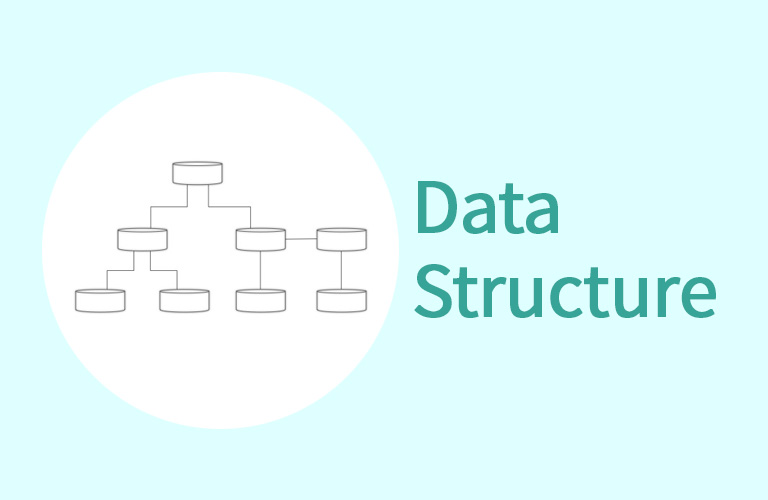출처 | DO IT C언어 자료구조 입문편
이번 시간에는 스택(검색..종료) / 스택을 사용한 프로그램을 구현해보자.
Stack 검색-종료 과정
#include <stdio.h>
#include <stdlib.h>
#include "IntStack.h"
int Initialize(IntStack *s, int max)
{
s->ptr = 0;
if ((s->stk = calloc(max, sizeof(int))) == NULL) {
s->max = 0;
return -1;
}
s->max = max;
return 0;
}
int Push(IntStack *s, int x)
{
if (s->ptr >= s->max)
return -1;
s->stk[s->ptr++] = x;
return 0;
}
int Pop(IntStack *s, int *x)
{
if (s->ptr <= 0)
return -1;
*x = s->stk[--s->ptr];
return 0;
}
int Peek(const IntStack *s, int *x)
{
if (s->ptr <= 0)
return -1;
*x = s->stk[s->ptr - 1];
return 0;
}
void Clear(IntStack *s)
{
s->ptr = 0;
}
int Capacity(const IntStack *s)
{
return s->max;
}
int Size(const IntStack *s)
{
return s->ptr;
}
int IsEmpty(const IntStack *s)
{
return s->ptr <= 0;
}
int IsFull(const IntStack *s)
{
return s->ptr >= s->max;
}
int Search(const IntStack *s, int x)
{
int i;
for (i = s->ptr - 1; i >= 0; i--)
if (s->stk[i] == x)
return i;
return -1;
}
void Print(const IntStack *s)
{
int i;
for (i = 0; i < s->ptr; i++)
printf("%d ", s->stk[i]);
putchar('\n');
}
void Terminate(IntStack *s)
{
if (s->stk != NULL)
free(s->stk);
s->max = s->ptr = 0;
}
다음 예제는 스택을 사용하는 프로그램을 구현했다.
스택을 사용하는 프로그램.c(main)
#include "IntStack.h"
int main()
{
IntStack s;
if (Initialize(&s, 64) == -1)
{
puts("스택 생성에 실패했다.");
return 1;
}
while (1)
{
int menu, x;
printf("현재 데이터 수 : %d / %d\n", Size(&s), Capacity(&s));
printf("(1)푸시 (2) 팝 (3)피크 (4)출력 (5)종료 : ");
scanf_s("%d", &menu);
if (menu == 0) break;
switch (menu)
{
case 1:
printf("데이터 : ");
scanf_s("%d", &x);
if (Push(&s, x) == -1)
puts("\a오류 : 푸시에 실패했습니다.");
break;
case 2:
if (Pop(&s, &x) == -1)
puts("\a오류 : 팝에 실패했습니다.\n");
else
printf("팝 데이터는 %d입니다.\n", x);
break;
case 3:
if (Peek(&s, &x) == -1)
{
puts("\a오류 : 피크에 실패했다.");
}
else
{
printf("피크 데이터는 %d이다\n", x);
}
break;
case 4:
Print(&s);
break;
}
}
Terminate(&s);
return 0;
}IntStack.c
#include <stdio.h>
#include <stdlib.h>
#include "IntStack.h"
int Initialize(IntStack *s, int max)
{
s->ptr = 0;
if ((s->stk = calloc(max, sizeof(int))) == NULL) {
s->max = 0;
return -1;
}
s->max = max;
return 0;
}
int Push(IntStack *s, int x)
{
if (s->ptr >= s->max)
return -1;
s->stk[s->ptr++] = x;
return 0;
}
int Pop(IntStack *s, int *x)
{
if (s->ptr <= 0)
return -1;
*x = s->stk[--s->ptr];
return 0;
}
int Peek(const IntStack *s, int *x)
{
if (s->ptr <= 0)
return -1;
*x = s->stk[s->ptr - 1];
return 0;
}
void Clear(IntStack *s)
{
s->ptr = 0;
}
int Capacity(const IntStack *s)
{
return s->max;
}
int Size(const IntStack *s)
{
return s->ptr;
}
int IsEmpty(const IntStack *s)
{
return s->ptr <= 0;
}
int IsFull(const IntStack *s)
{
return s->ptr >= s->max;
}
int Search(const IntStack *s, int x)
{
int i;
for (i = s->ptr - 1; i >= 0; i--)
if (s->stk[i] == x)
return i;
return -1;
}
void Print(const IntStack *s)
{
int i;
for (i = 0; i < s->ptr; i++)
printf("%d ", s->stk[i]);
putchar('\n');
}
void Terminate(IntStack *s)
{
if (s->stk != NULL)
free(s->stk);
s->max = s->ptr = 0;
}IntStack.h
#ifndef ___IntStack
#define ___IntStack
#include <stdio.h>
typedef struct {
int max;
int ptr;
int* stk;
}IntStack;
int Initialize(IntStack* s, int max);
int Push(IntStack* s, int x);
int Pop(IntStack* s, int* x);
int Peek(const IntStack* s, int* x);
void Clear(IntStack* s);
int Capacity(const IntStack* s);
int Size(const IntStack* s);
int IsEmpty(const IntStack* s);
int IsFull(const IntStack* s);
int Search(const IntStack* s, int x);
void print(const IntStack* s);
void Terminate(IntStack* s);
#endif
<결과>

- 이번 예제는 파일분할, 스택 관련 공부가 필수적이다.
- 이번 시간에 공부한 내용을 요약하면,
- Stack의 검색 -> 종료 과정 함수 구현
- 스택을 사용하는 프로그램 구현 (스택1 & 스택2)

